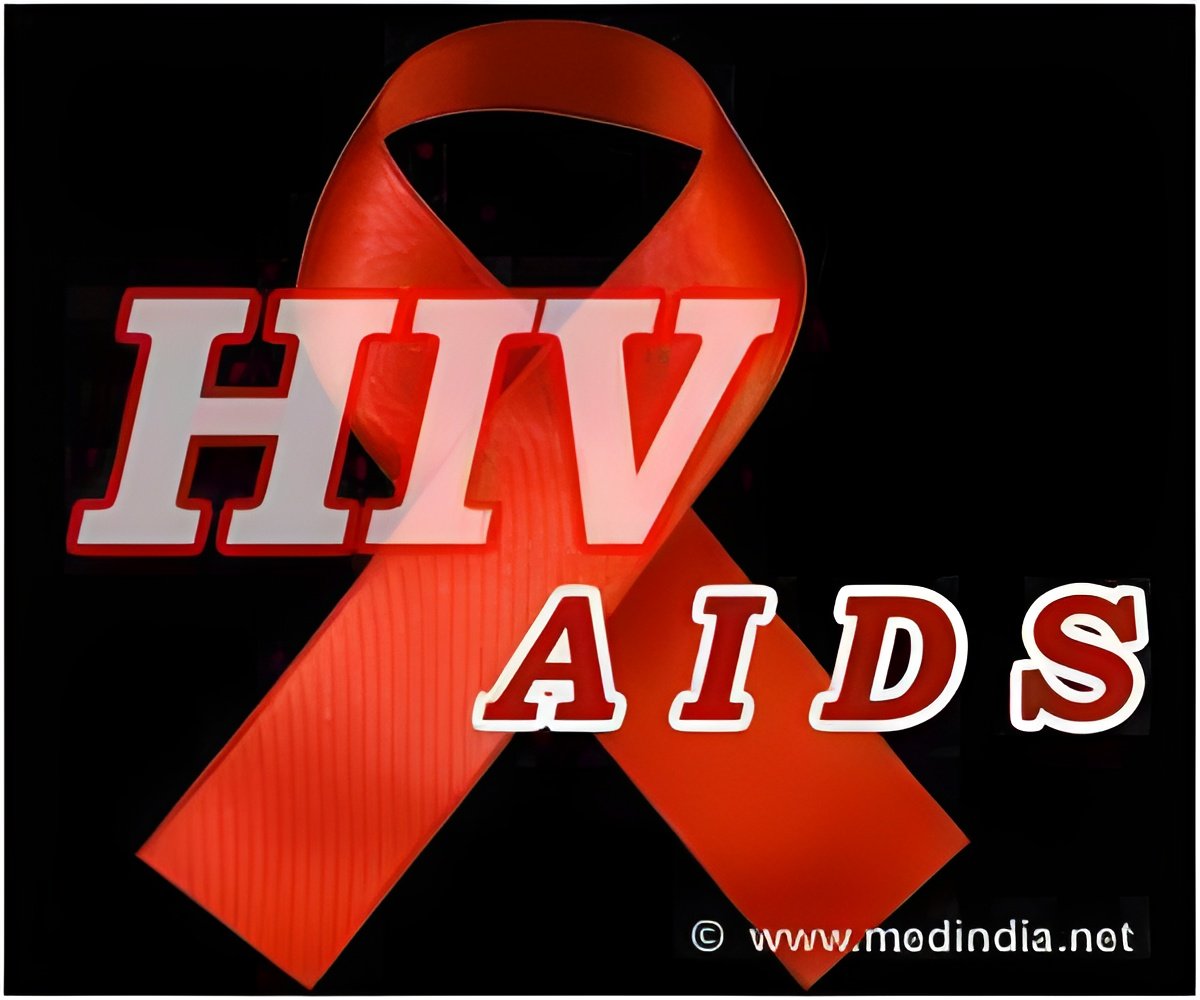Pre-exposure prophylaxis can be an effective tool when participants take their medications.

"Our study shows that PrEP can be extremely effective in preventing HIV infection when adherence to daily dosing is high," says Jessica Haberer, MD, MS, of the Center for Global Health at Massachusetts General Hospital (MGH), lead author of the article in the September 10 issue of PLOS Medicine. "Previous studies of PrEP have found considerable variance in efficacy, ranging from as high as 75 percent to no effect at all. We think that the different levels of adherence in those trials explain the differences in their findings, a hypothesis that is supported by this new study."
The larger Partners PrEP Study was conducted from July 2008 until July 2011 at nine clinical sites in Kenya and Uganda and enrolled almost 5,000 couples, one member of which was HIV-infected and the other was not. Uninfected participants were prescribed daily oral medications -- either one of two different antiretroviral formulations or a placebo. At the outset of the trial and at monthly intervals during the study period, both members of the couples received counseling on the importance of following the trial protocol, including consistently taking the study drug, and other ways to prevent HIV transmission.
Since early experience in PrEP trials indicated that limited adherence might be a significant problem, the Partners PrEP team added a substudy focused on improving adherence. Preliminary results of the overall Partners PrEP Study were so strong, showing a 62 to 75 percent reduction in the incidence of infection, that it was stopped early, so the adherence component was applied only to a subgroup of almost 1,150 couples enrolled at three sites in Uganda. The earlier clinical trials of PrEP that included any measures of adherence relied on things like participants' reports of how many pills they had taken and pill counts or blood tests on the day of scheduled clinic visits. Such measures may be unreliable, as participants can misreport how well they followed a protocol, dump out extra unused pills, or take medications only on the days before a scheduled visit.
The adherence substudy adopted two objective measures known to reflect more accurately how well participants follow a study protocol -- unannounced in-home visits to count the pill supply and an automated microchip-based system that records each time the pill bottle is opened. Participants whose pill-count-measured adherence for a three-month period dropped below 80 percent received more intense counseling, with additional information on the importance of adherence and help with strategies to identify and overcome factors that reduced adherence. The HIV-infected partners were also included in these counseling sessions, if they chose, and participants could schedule as many sessions as they felt would be helpful.
At the end of the clinical trial, only 14 of the 1,147 uninfected participants in the adherence substudy had contracted HIV, all of whom had been in the placebo group -- a finding that equates to 100 percent efficacy of PrEP. Average adherence rates over the whole trial were 99 percent, measured by unannounced pill count, and 97 percent, measured by the automated monitoring system. Among participants who were assigned the adherence intervention early enough in the study period to have subsequent pill counts, 92 percent had a greater than 80 percent adherence at the next count, and 82 percent maintained that level for the rest of the study period.
Advertisement
The researchers also found that adherence to the study protocol was most strongly influenced by relationship factors. Participants who reported having no sexual activity during the previous three months were more likely to report not having taken their pills -- probably because they felt they were not at risk of infection -- as were those who reported having more than one sexual partner or not consistently using condoms. In contrast, participants in stable polygamous marriages, which are culturally accepted in the parts of Africa where the study was conducted, were more likely to closely follow the study protocol. Other factors associated with less adherence were youth and heavy alcohol use. Adherence also decreased over time, possibly reflecting a drop-off in motivation during the study period.
Advertisement
Haberer is now collaborating on the PrEP Demonstration Project in East Africa, which includes comprehensive counseling on treatment safety, efficacy and the importance of adherence -- without the intensive adherence intervention -- and should more accurately replicate "real world" clinical treatment. "We think that this project and others like it will be highly informative of how well people can take PrEP outside the structured settings of clinical trials," she says. "The data on the acceptability and efficacy of PrEP that these projects will yield should help public officials make difficult decisions about where to spend their limited funds for HIV prevention."
Source-Eurekalert














